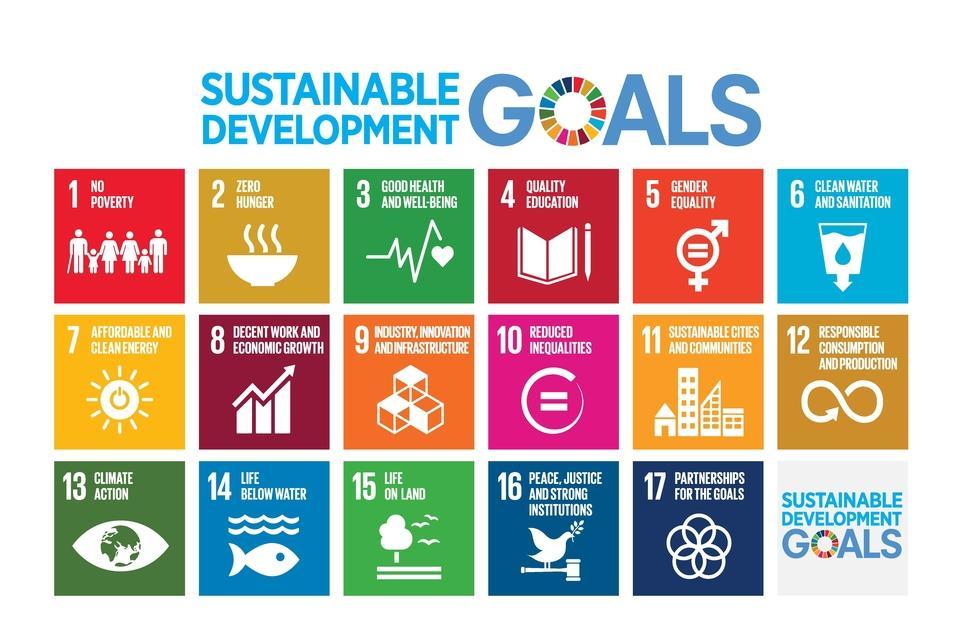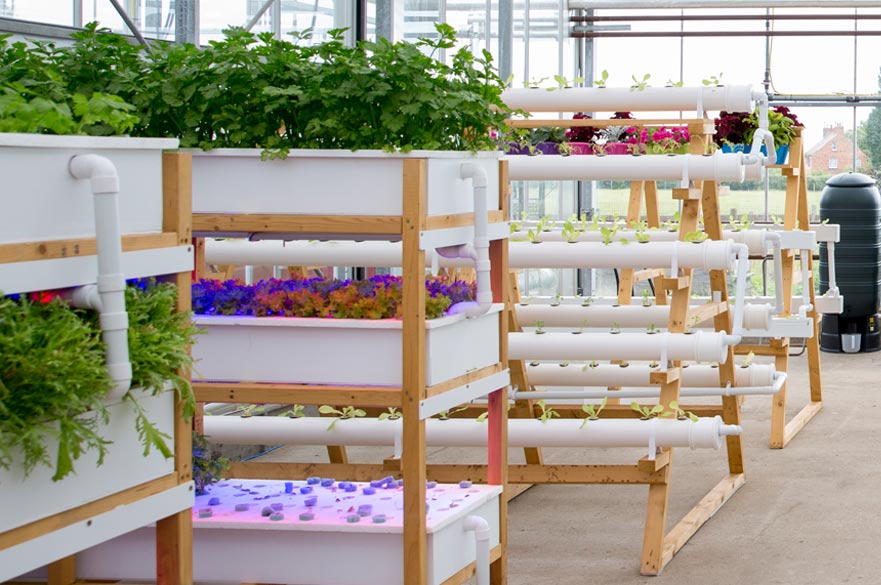Sustainability in the Curriculum
NTU is committed to working towards the 17 United Nations Sustainable Development Goals and integrating social, environmental and economic themes into our learning and teaching practices.

At NTU we are committed to working towards the United Nations Sustainable Development Goals (SDGs). We were one of the first universities globally to integrate the SDGs into our curriculum, commencing in 2016.
Our University, reimagined strategy incorporates ‘Embracing Sustainability’ as one of our six strategic strands. However, sustainability is also woven throughout other strands such as ‘Connecting Globally’ and ‘Enriching Society’, reflecting our holistic shared understanding of sustainability as incorporating a broad-ranging set of priorities. We believe sustainability education includes ending poverty, moving beyond a colonial mindset, creating peaceful institutions and sustainable communities, halting and, if possible, reversing climate change.
Find out more about how the SDGs fit within our broader ‘Future Thinking’ curriculum framework.
Curriculum Framework
The university’s Curriculum Refresh in 2016 enabled sustainability to be embedded into the curriculum and remains the framework for our university strategy today. The Curriculum Refresh framework for Education for Sustainable Development is as follows:
ES404 We will continue to be recognised as a leading exemplar of an environmentally responsible and sustainable organisation.
Students explore how aspects of the discipline contribute to one or more of the Sustainable Development Goals. The course provides opportunities for students to explore the potential of their discipline to interconnect with other disciplines or areas of expertise and make creative leaps forward. (Knowledge and understanding)
The course examines relationships between environmental, social, and economic systems from local to global level. (Knowledge and understanding)
Leadership for sustainable development is encouraged through challenging assumptions and negotiating alternatives to unsustainable current practices, especially within the student’s own discipline. (Skills)
The course encourages systems thinking in terms of recognising connections and interactions between factors and understanding that actions often have multiple consequences. (Skills)
The course encourages commitment to lifelong learning about adapting to future challenges of meeting social and environmental responsibilities. (Attributes)
The course facilitates and supports dialogue and debate on critical issues related to global social responsibility within the wider sustainability agenda, fostering respect for different values and world views. (Attributes)
The course encourages the capacity for independent, evidence-based integrated thinking as the foundation for developing their personal ethical code. (Attributes)
NTU Green Academy

Our dedicated Green Academy team works to embed Education for Sustainable Development (ESD) into the curriculum, helping our academic staff to integrate sustainability into their scholarship and teaching practice; and supporting students to acquire the knowledge, skills, attitudes, and values necessary to shape a sustainable future.
The Green Academy team works closely and often in partnership with a variety of colleagues across Academic Schools and Professional Services. The team also plays an integral part in the cross-institutional ‘Sustainable Development Academic Forum’ (SDAF). SDAF is a network of Sustainability Education Coordinators and champions with representation from all academic schools, many professional services, and the NTU Sustainable Futures Research Group who meet quarterly to discuss, share practice, and strategize about aspects of Sustainability Education at NTU. The Forum is chaired by Pro-Vice-Chancellor Education Jane McNeil; Jane and Green Academy Lead Helen Puntha ensure a feed between the SDAF and the NTU ‘Embracing Sustainability Strategy Board’ which leads on all aspects of Sustainability activity at the strategic level.
Teaching materials
We have a dedicated ESD Future Thinking Learning Room, containing over 1,500 resources categorised by subject area and sustainable development goals. Alternatively, our academic staff can take a short Future Thinking and the SDGs course. This provides fascinating case studies of how colleagues from across NTU have integrated sustainable learning into their teaching activities. The course is integrated into the PGCAP and the ‘Introduction to Learning and Teaching at NTU’ module which is mandatory for all colleagues with teaching responsibilities.
Get involved
Colleagues and students can complete the Sustainability in Practice certificate, an online module exploring sustainability through the lens of food, energy or clothing. Carbon Literacy Training is also available to help colleagues and students understand the issues surrounding climate change.
For more information about the work of the NTU Green Academy, please contact us by email or visit the Get Involved web page.